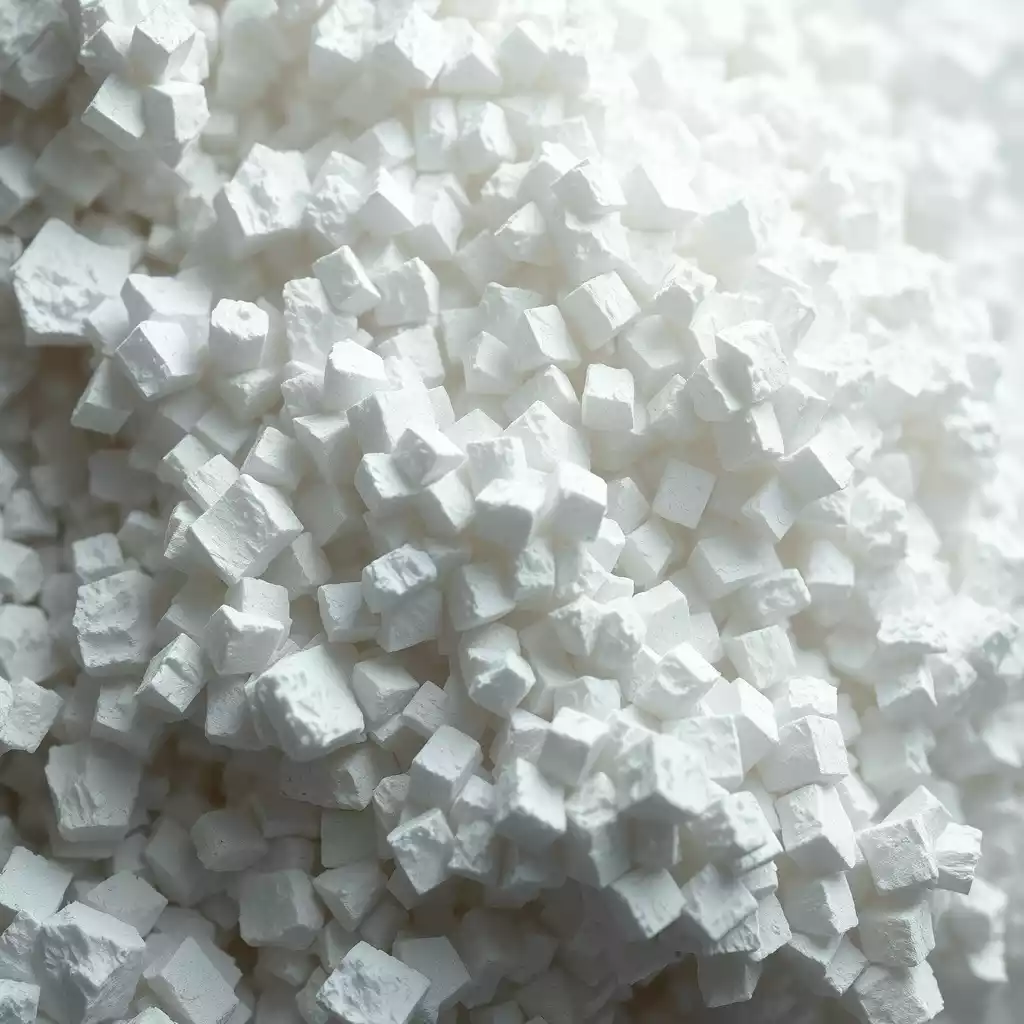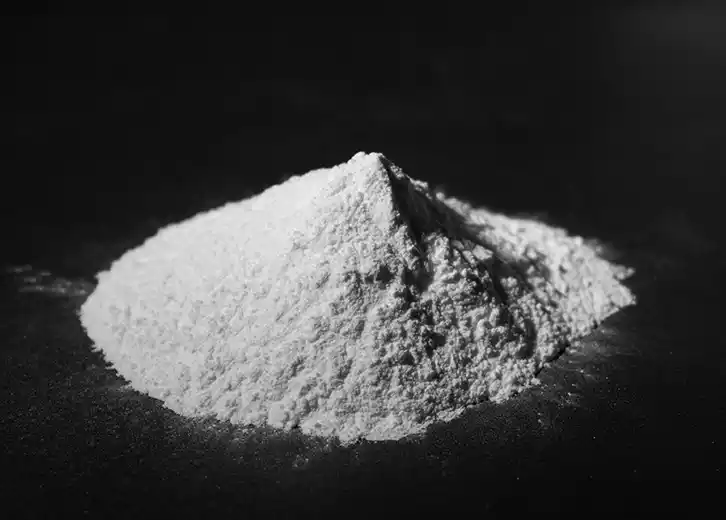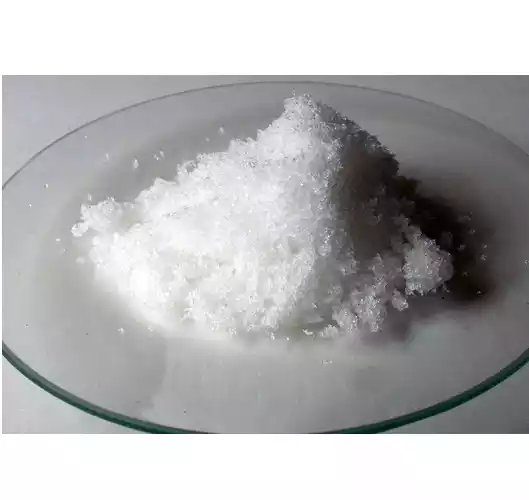![]()
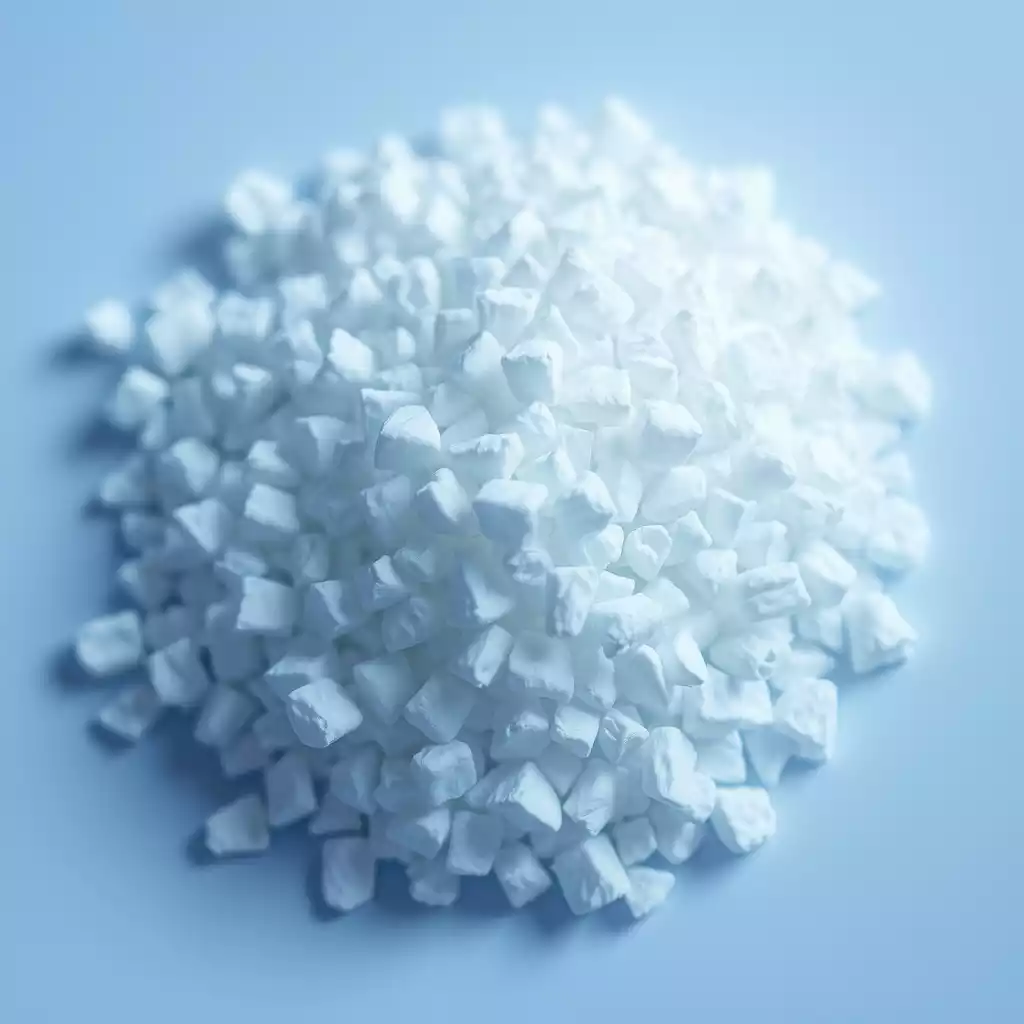
White Fused Alumina HS Code: A Comprehensive Guide
White fused alumina (WFA) is an important material used extensively in industries such as abrasives, refractory materials, ceramics, and even electronics. As a crucial raw material, it is essential for manufacturers, importers, and exporters to understand its classification and relevant HS (Harmonized System) code. In this article, we will explore the white fused alumina HS code in detail and explain its importance in international trade, especially for industries and businesses dealing with chemical raw materials.
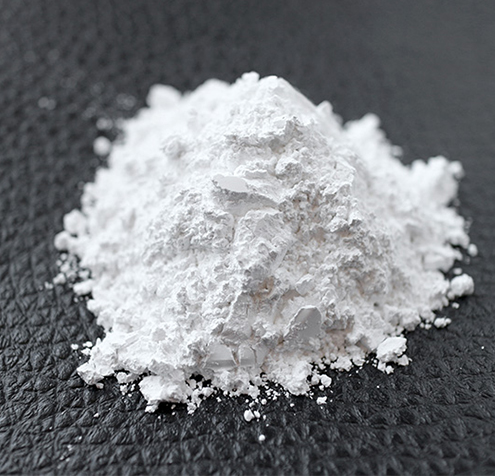
Table of Contents
What is White Fused Alumina?
White fused alumina (WFA) is a high-quality aluminum oxide that is manufactured by fusing high-purity alumina in an electric arc furnace at temperatures above 2000°C. It is known for its hardness, high melting point, and excellent resistance to corrosion, making it ideal for use in abrasive applications such as grinding wheels, sandpaper, and blasting media. It is also used in the production of refractories, ceramics, and various other industrial products.
WFA is characterized by its pure white color, which distinguishes it from brown fused alumina, a similar material. This purity allows white fused alumina to be used in applications where high performance is critical. Some of the key properties of white fused alumina include:
- Hardness: 9 on the Mohs scale.
- Density: 3.95 g/cm³.
- Melting Point: Above 2000°C.
- Chemical Composition: 99% Al₂O₃ with traces of silica, iron, and other oxides.
What is the HS Code for White Fused Alumina?
The HS code (Harmonized System code) for white fused alumina is 28182090. This code is used to classify white fused alumina in international trade, ensuring that it is properly taxed and categorized when imported or exported. The HS code system is a globally accepted classification method that standardizes the identification of products for customs and trade purposes.
Here’s a breakdown of the relevant HS code:
- 2818: The base code for aluminum oxides, including fused alumina products.
- 2090: The specific code for white fused alumina and similar alumina products.
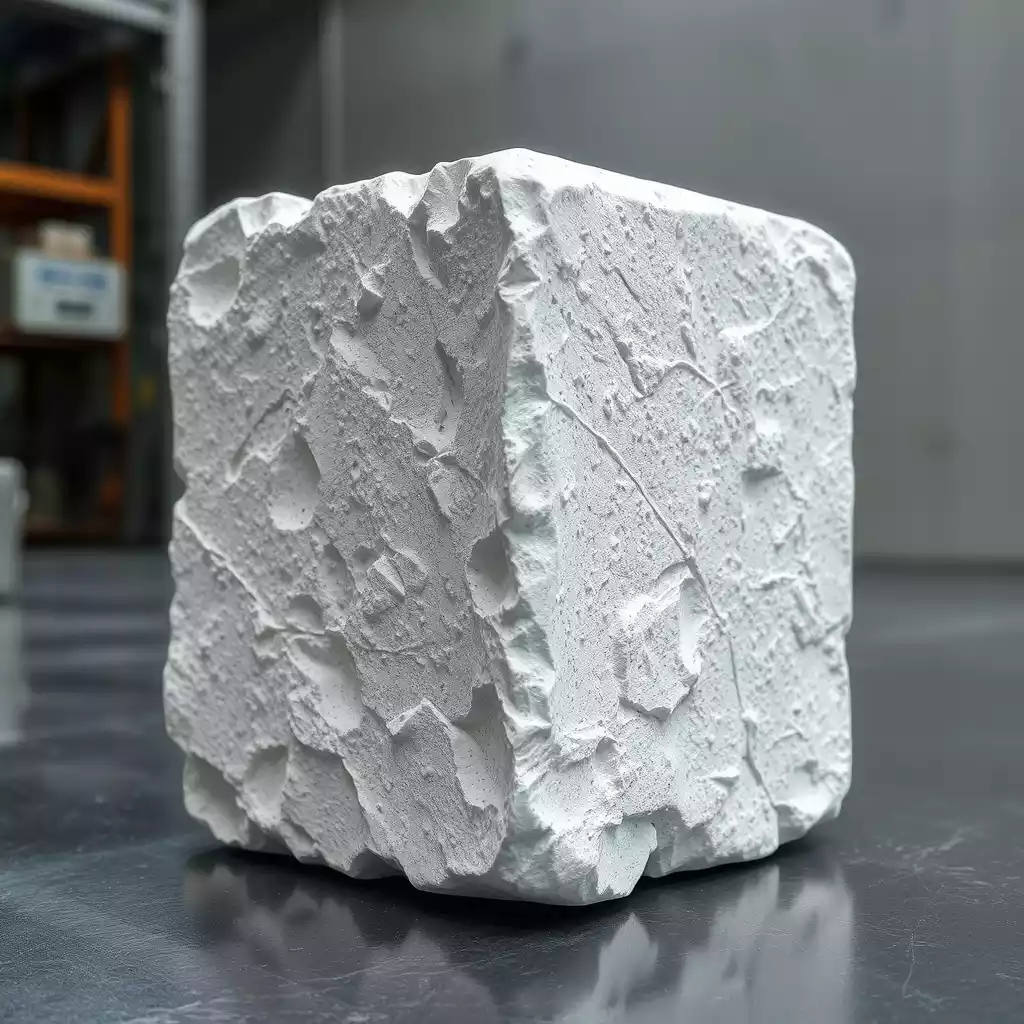
Why is the HS Code for White Fused Alumina Important?
Understanding the white fused alumina HS code is crucial for businesses involved in the trade of this material. Proper classification under the correct HS code ensures that:
- Accurate Customs Clearance: The HS code determines the duty rates, import restrictions, and necessary documentation required for the clearance of goods.
- Customs Compliance: Using the correct HS code helps companies stay compliant with customs regulations, avoiding delays and fines.
- International Trade Efficiency: The use of HS codes streamlines the trade process, ensuring smooth cross-border transactions and minimizing errors.
How is White Fused Alumina Used Across Industries?
White fused alumina’s versatility allows it to be used across a wide range of industries. Some of the most common applications include:
- Abrasives: Used in the production of grinding wheels, sandpapers, polishing materials, and cutting tools.
- Refractories: Employed in the manufacturing of high-temperature furnaces and kiln linings due to its resistance to high heat.
- Ceramics: Used in ceramic manufacturing, especially in the production of high-quality ceramics that require high purity and strength.
- Electronics: Utilized in the production of semiconductors and electrical insulators.
- Metallurgy: WFA is used in aluminum production, steelmaking, and casting processes.
- Blasting Media: Used in abrasive blasting and cleaning applications for metal and concrete surfaces.
- Polishing: Applied as a polishing agent in the automotive and aerospace industries.
How to Import White Fused Alumina
When importing white fused alumina, it is essential to understand the customs procedures and tariff codes. The white fused alumina HS code helps in the classification of the product at the customs stage. In India, for example, the HS code for white fused alumina is 28182090. This code is crucial for accurately determining duties, taxes, and import regulations.
- Import Data: By examining import data from sources such as Zauba, Volza, and Seair, businesses can gain insights into the trading volume and pricing of white fused alumina. These platforms offer valuable information about trade routes, shipping data, and competitive pricing.
- Tariff Rates: Different countries may impose varying tariff rates on white fused alumina depending on its classification. The use of the HS code simplifies this process by aligning the product with international tariff schedules.

How to Export White Fused Alumina
Exporting white fused alumina involves several steps, including ensuring that the material meets the required quality standards and is classified correctly under the appropriate HS code. The HS code for white fused alumina facilitates the export process, ensuring that the product can be shipped without issues at the border.
The HS code 28182090 also helps exporters track the demand for white fused alumina in different markets and assess the best pricing strategies for international sales.
White Fused Alumina and Its Role in International Trade
White fused alumina is a globally traded material, with demand coming from a wide range of industries in different countries. Key exporting countries for white fused alumina include China, India, and Brazil, while major importers include the United States, Japan, and European nations.
For international businesses, using the correct HS code for white fused alumina ensures that products are traded smoothly and in compliance with the relevant regulations.
Factors Influencing the Price of White Fused Alumina
The price of white fused alumina can vary based on several factors, including:
- Purity: Higher purity alumina commands a higher price.
- Production Methods: The type of furnace used and the production process can impact the cost of WFA.
- Supply Chain Issues: Geopolitical factors and supply chain disruptions can affect prices.
- Global Demand: The demand for WFA in industries such as abrasives and refractories can impact pricing.
Conclusion
Understanding the HS code for white fused alumina is critical for businesses involved in the import or export of this versatile material. By correctly classifying white fused alumina under the 28182090 HS code, companies can ensure smooth customs clearance, regulatory compliance, and efficient trade. Additionally, knowing the factors that influence the price of WFA can help businesses make informed decisions regarding purchasing and pricing strategies.
For businesses looking to source white fused alumina, Honrel provides a reliable platform offering high-quality raw materials at competitive prices. Whether you are importing or exporting WFA, Honrel is here to streamline your chemical raw material procurement process.
Frequently Asked Questions (FAQs)
1. What is the HS code for white fused alumina?
The HS code for white fused alumina is 28182090.
2. Why is the HS code important in international trade?
The HS code ensures correct customs classification, proper tariff rates, and smooth import/export operations.
3. Where is white fused alumina commonly used?
It is used in abrasives, refractories, ceramics, electronics, metallurgy, and polishing applications.
4. What is the difference between white fused alumina and brown fused alumina?
White fused alumina is purer and more commonly used for high-precision applications, while brown fused alumina is used for less demanding abrasive applications.
5. How can I find reliable white fused alumina suppliers?
Reputable suppliers can be found through trade platforms like Honrel, which offers a wide range of chemical raw materials, including white fused alumina.
6. What is the price range of white fused alumina?
Prices vary based on purity, quantity, and market demand. It is recommended to consult suppliers for up-to-date pricing.
7. How can I import white fused alumina?
To import WFA, you must ensure proper classification under the HS code 28182090 and follow customs procedures in your country.
8. Is white fused alumina environmentally friendly?
White fused alumina is an inorganic material and is considered non-toxic. However, it is important to follow sustainable manufacturing and disposal practices.
Analysis Tables
Table 1: White Fused Alumina Applications
| Application | Description |
|---|---|
| Abrasives | Used in grinding wheels, sandpaper, and cutting tools. |
| Refractories | Used in furnaces and kiln linings due to its high melting point. |
| Ceramics | Key ingredient in high-performance ceramics. |
| Electronics | Utilized in semiconductor production. |
| Blasting Media | Used in surface cleaning and metal treatment. |
Table 2: Factors Influencing the Price of White Fused Alumina
| Factor | Impact on Price |
|---|---|
| Purity | Higher purity results in higher prices. |
| Production Method | Advanced production techniques increase production costs. |
| Supply Chain | Disruptions can lead to price increases. |
| Global Demand | Increased demand in specific industries can raise prices. |
This comprehensive article should help you understand the white fused alumina HS code and its implications for businesses involved in the import and export of this essential material. For more details and procurement inquiries, visit Honrel, your trusted supplier of chemical raw materials.


